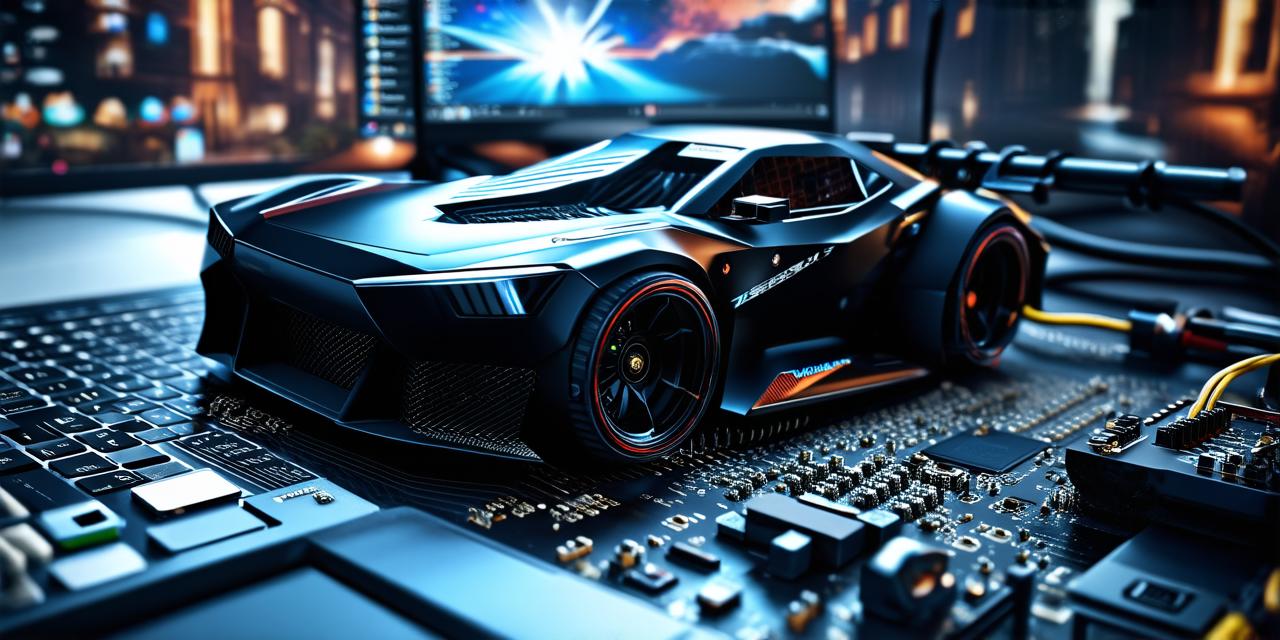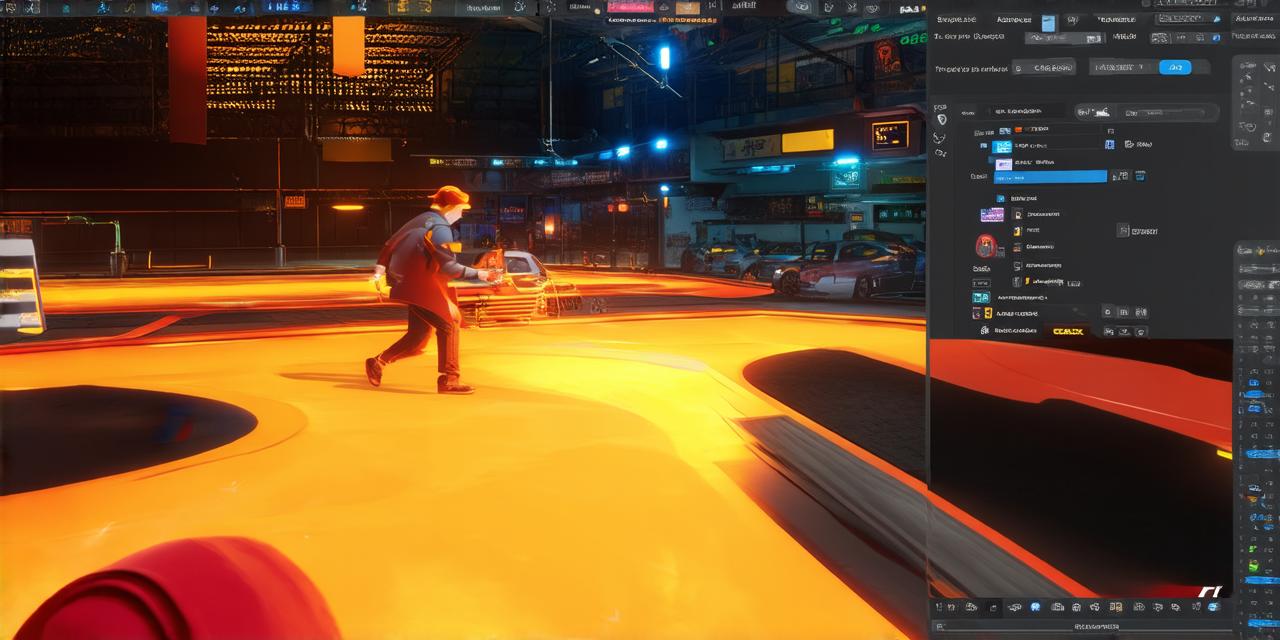Choosing the right hardware for Unreal Engine can be a challenging task, especially if you are new to game development. In this article, we will explore the various factors that can affect performance, such as graphics card, CPU, RAM, and storage, and provide guidance on how to choose the right hardware for your needs.
Graphics Card: The Heart of Unreal Engine
The graphics card is arguably the most important component of any computer when it comes to running Unreal Engine. This is because the engine relies heavily on advanced graphical rendering techniques that require a lot of computational power. If you want to run Unreal Engine smoothly and efficiently, you will need to invest in a high-end graphics card.
When choosing a graphics card, you will want to look for one with dedicated memory (GDDR), which allows it to work more efficiently than general-purpose RAM. Some of the popular graphics cards that are well-suited for Unreal Engine include Nvidia GTX series and AMD Radeon series. However, keep in mind that a more powerful graphics card will also require more power and generate more heat, so you may need to invest in a high-quality cooling system as well.
CPU: The Workhorse of Unreal Engine
The CPU is another important component of a computer that can affect your performance when working with Unreal Engine. While it’s not as critical as the graphics card, it still plays an important role in managing workloads and executing complex calculations. When choosing a CPU, you will want to look for one that has multiple cores and a high clock speed. Some of the popular options include Intel Core i7 and i9 and AMD Ryzen 7 and 9 series. However, keep in mind that a more powerful CPU will also require more RAM, so it’s important to balance your needs carefully.

RAM: The Memory Buffer of Unreal Engine
RAM is the memory buffer of the computer, which allows it to store data temporarily while performing tasks. When working with Unreal Engine, you will want to make sure that your computer has enough RAM to handle the demands of the engine without running out of memory.
The ideal amount of RAM for Unreal Engine depends on a number of factors, such as the complexity of your project and the size of your models. In general, you will want to aim for at least 16GB of RAM, with more being better if possible. If you are working on very large-scale projects or using advanced graphics effects, you may even need up to 32GB of RAM or more.
Storage: The Space Saver of Unreal Engine
Storage is another important factor to consider when choosing a computer for Unreal Engine. While you won’t need as much storage space as you do RAM, you will still need enough to store your project files and other data. If you are working on a small-scale project or using cloud-based storage solutions, you may be able to get by with a traditional hard drive (HDD). However, if you need faster access times and more storage space, you may want to consider investing in a solid-state drive (SSD). Some of the popular options include Samsung 970 EVO Plus and Seagate BarraCuda 4TB.
Case Studies: Real-Life Examples of Unreal Engine Performance
To help illustrate how different hardware configurations can affect your performance when working with Unreal Engine, let’s look at a few real-life examples.
1. Case Study 1: Graphics Card vs. CPU
Let’s say you are choosing between two different computers for Unreal Engine, one with an Nvidia GTX 1070 Ti graphics card and the other with an Intel Core i9-7900X processor. While both options are powerful, the graphics card is likely to provide a significant boost in performance when running Unreal Engine. This is because the engine relies heavily on graphical rendering, which requires a lot of computational power. With the Nvidia GTX 1070 Ti, you can expect smooth and efficient performance even when working with complex graphics effects.
2. Case Study 2: RAM vs. Storage
Let’s say you are choosing between two different computers for Unreal Engine, one with 16GB of RAM and a traditional hard drive (HDD) and the other with 32GB of RAM and a solid-state drive (SSD). While both options have enough RAM to handle the demands of the engine, the SSD will provide faster access times and more storage space, which can be particularly useful when working on large-scale projects. With the SSD, you can expect faster loading times and better performance overall, especially when dealing with large files or complex graphics effects.




